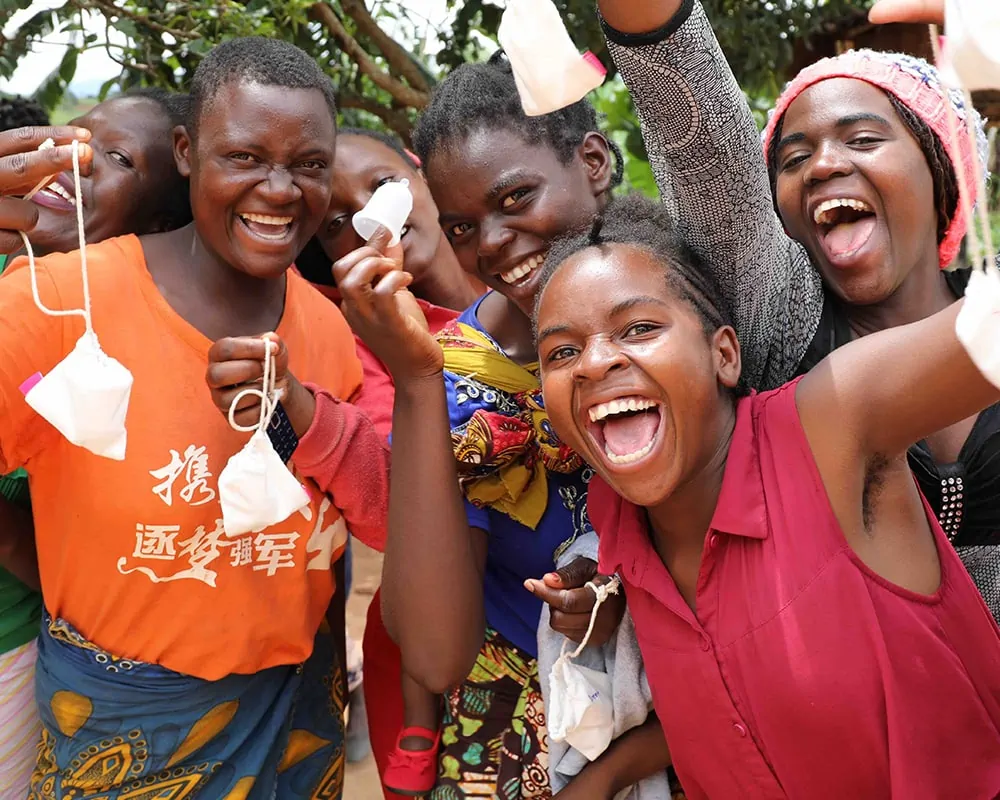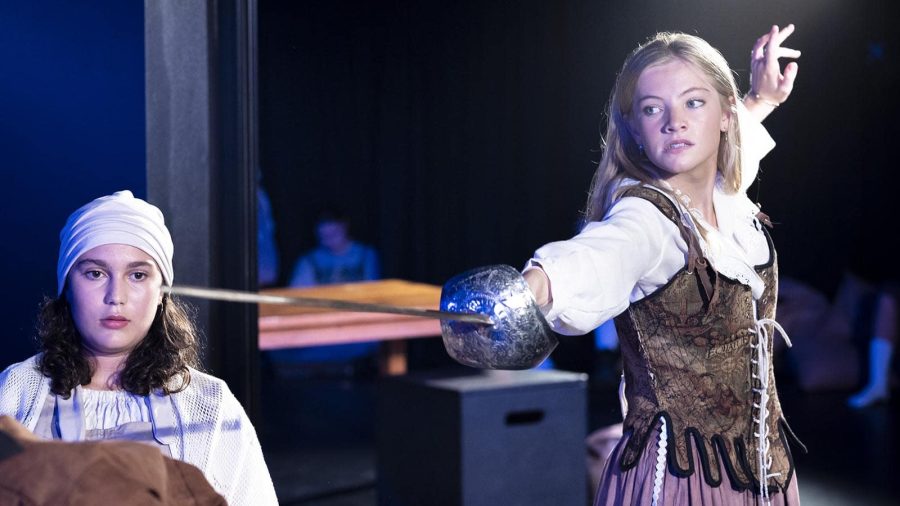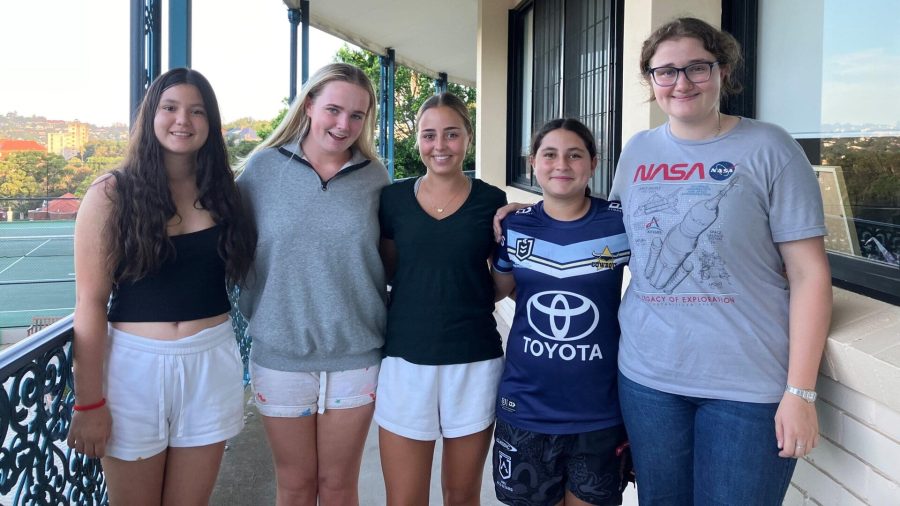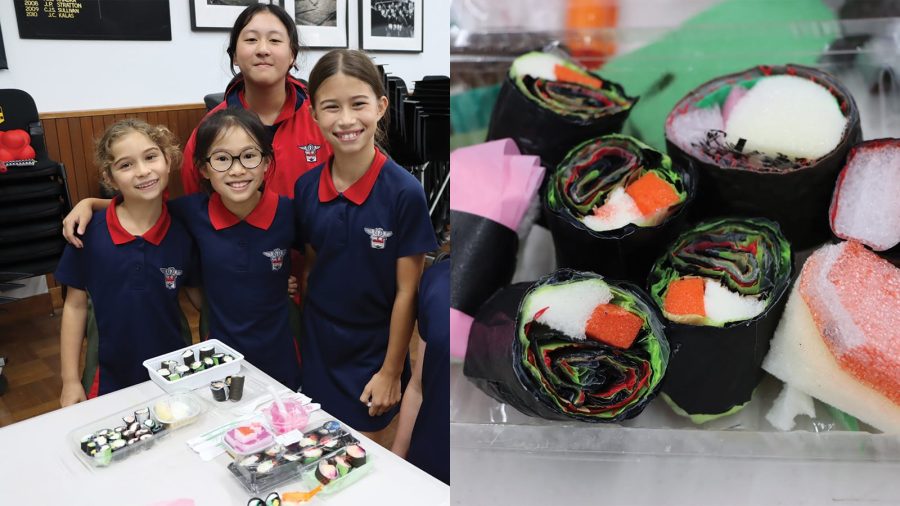Geena Dunne’s (2011) Cova Project is a truly ground-breaking enterprise. The Cova Project was founded by Geena several years ago with the simple goal of providing menstrual cups and menstrual health education to women and girls in poverty-stricken situations, including in Australia. Through The Cova Project, Geena offers women new freedoms and empowerment —one of the best ways to pull developing nations out of poverty is to educate and empower its women. Get up to speed with Geena’s work on The Cova Project with this quick Q&A:
What is The Cova Project?
The Cova Project is a charity I founded in 2018 that provides menstrual cups and menstrual health education to girls and women impacted by period poverty. We do this in an effort to bridge the 50-day school attendance gap caused by menstruation in low-income and poverty-stricken settings. We currently work in Liberia, Ghana, Uganda, Malawi and are setting up for our new project in the Northern Territory. The Cova Project believes in ‘ACCESS, EDUCATION AND DIGNITY’.
How did you come to create and lead The Cova Project?
The Cova Project was originally created to be implemented in Namibia in collaboration with a Namibian NGO, however after running into some major challenges within Namibia, I was given the opportunity to run The Cova Project solo and have it set up in Australia. The need for menstrual health solutions was too significant for me to let The Cova Project go, so we got to work, became a registered Australian charity and reached out to in-country partners through my network, finding a group of NGOs across Africa who were interested in piloting menstrual cup projects. It was one of those situations where the pivot became the best thing for the project and the shift in our model allowed us to help many women from different communities.
Tell us some of The Cova Project’s best achievements.
In the last three years, The Cova Project has distributed over 11,000 menstrual cups, with a 75% cup uptake rate. The most commonly used words on feedback surveys (from beneficiaries of the cup) are ‘freeing’ and ‘comfortable’. We were also announced as a State Finalist for the Telstra Best of Business Awards in the Accelerating Women category for 2022. Our best achievement though is simply keeping every girl in school who has been able to attend school full time and graduate because of access to the cup.
What next for you and your team? You clearly have some impressive goals!
Our team, which includes fellow Ascham girl, Sam Malcolm (2011), has big plans for the next three years. Our model, though effective, isn’t scalable. We give a lot of love and attention to each in-country partner to ensure they’re adequately resourced and supported in their work distributing the cups and collecting feedback; it’s very collaborative and truly a partnership. Due to the time requirement needed for these strong partnerships, we just can’t grow The Cova Project significantly, so we’re introducing a new offering and becoming a resource hub for grassroots organisations to implement their own menstrual cup projects. I would be approached by an organisation once a week, asking for cups and menstrual health support. Soon, those organisations will be able to reach out, receive all the resources they need, attend Zoom coaching sessions with The Cova Project and be directly connected to suppliers offering cups at cost. We’re really excited about this!
What, if any, influence did Ascham have on your life post-School?
Ascham has had a huge impact on my life. For one, none of this would have been possible without the funding I received from the Ascham Old Girls Leadership Scholarship. That was the seed funding for setting up all of our partnerships on the ground. Also, the support of Skye Barry, Ascham’s Community Relations Manager; and Mr Powell, Ascham’s Head of School; has been enormous and allowed us to have a supporter base of Old Girls and current students who are passionate about combatting period poverty. Then there’s the obvious one which is, I couldn’t manage The Cova Project without my diary, and that just feels like old Ascham habits shining through. The skills and habits I picked up at School, directly contribute to the success of our work. I’m very grateful to the Ascham community that supports our work. Menstrual health isn’t a particularly ‘cool’ cause to support, but the ripple effects of providing a cup are huge and undeniable. Every day we see the instant improvement in confidence from girls who can attend school without facing monthly humiliation. I’m grateful to everyone who helps us provide that experience to a girl—it really matters.
You can connect with The Cova Project and keep up with their work via their social media on Instagram and Facebook.
Jessica Luboski (2001)


Image left: Geena Dunne in Africa
Image center: Geena teaches women about the menstrual cycle
Image right: Geena Dunne




